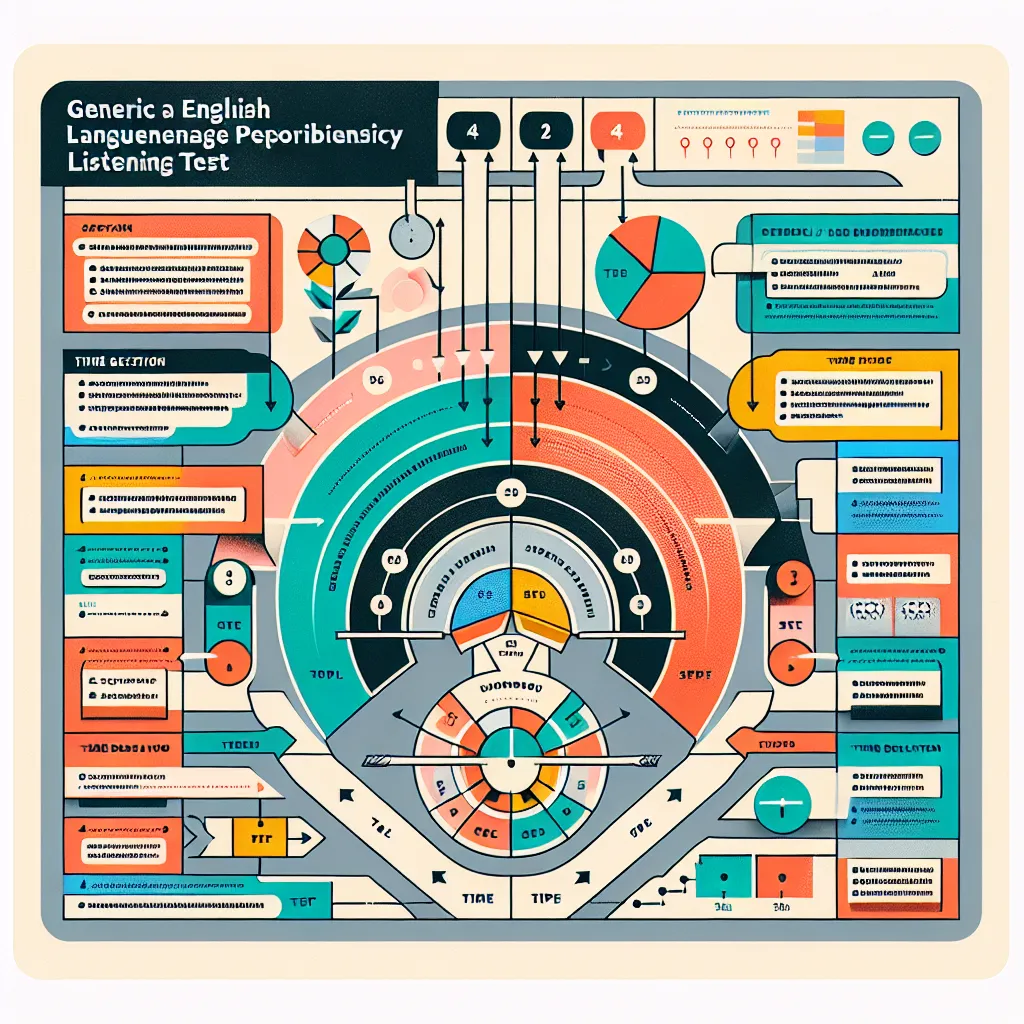Are you gearing up for your Cambridge English exam? The speaking component can be particularly daunting, but with the right preparation, you can boost your confidence and performance. In this comprehensive guide, we’ll explore the best ways to prepare for the Cambridge Speaking test, covering everything from understanding the exam format to practical tips for success.
Understanding the Cambridge Speaking Test
Before diving into preparation strategies, it’s crucial to understand what the Cambridge Speaking test entails. This test assesses your ability to communicate effectively in English across various situations.
Format of the Cambridge Speaking Test
The Cambridge Speaking test typically consists of four parts:
- Introduction and interview
- Individual long turn
- Collaborative task
- Discussion
Each part is designed to evaluate different aspects of your speaking skills, including fluency, pronunciation, vocabulary, and grammar.
 Cambridge Speaking Test Format
Cambridge Speaking Test Format
Best Ways to Prepare for Cambridge Speaking
Now that we’ve covered the basics, let’s explore the most effective strategies to prepare for your Cambridge Speaking test.
1. Familiarize Yourself with the Test Format
One of the best ways to prepare is to thoroughly understand the test structure. This knowledge will help you feel more comfortable and confident on the day of the exam.
- Study the official Cambridge English website for detailed information about each part of the speaking test.
- Watch sample speaking tests on YouTube to get a visual understanding of what to expect.
- Practice with mock tests that mimic the real exam format.
2. Improve Your General English Skills
While specific exam preparation is important, don’t neglect your overall English proficiency.
- Read widely in English (newspapers, novels, magazines) to expand your vocabulary and improve comprehension.
- Listen to English podcasts, radio shows, and watch English TV series to enhance your listening skills and accent familiarity.
- Engage in conversations with native speakers or language exchange partners to practice real-life communication.
3. Focus on Pronunciation and Fluency
Clear pronunciation and natural fluency are key factors in the Cambridge Speaking test.
- Use pronunciation apps or websites to practice difficult sounds in English.
- Record yourself speaking and listen back to identify areas for improvement.
- Practice speaking at a natural pace, focusing on linking words smoothly.
4. Expand Your Vocabulary
A rich vocabulary will help you express your ideas more precisely and impressively.
- Learn new words and phrases related to common speaking test topics (e.g., environment, technology, culture).
- Use flashcards or vocabulary apps to regularly review and practice new words.
- Try to incorporate newly learned vocabulary into your daily conversations.
5. Practice Speaking Regularly
Consistent practice is crucial for improving your speaking skills.
- Set aside time each day for speaking practice, even if it’s just talking to yourself in English.
- Join English speaking clubs or language exchange groups to practice with others.
- Use language learning apps that offer speaking practice with AI or real tutors.
 English Speaking Practice Session
English Speaking Practice Session
6. Master the Art of Extending Answers
In the Cambridge Speaking test, you’ll need to give detailed responses.
- Practice the STAR method (Situation, Task, Action, Result) to structure your answers.
- Use linking words and phrases to connect your ideas coherently.
- Prepare examples and anecdotes related to common topics to illustrate your points.
7. Work on Your Time Management
Each part of the speaking test has a specific time allocation. Learning to manage your time effectively is crucial.
- Practice speaking on various topics with a timer to get a feel for different time durations.
- Learn to elaborate on your answers without going off-topic or speaking for too long.
- In collaborative tasks, ensure you give your partner equal speaking time.
8. Develop Strategies for Each Part of the Test
Each section of the Cambridge Speaking test requires a slightly different approach.
- Part 1 (Introduction): Prepare concise answers about yourself and practice common questions.
- Part 2 (Long Turn): Practice describing photos or situations for the required duration without hesitation.
- Part 3 (Collaborative Task): Work on your discussion skills, including agreeing, disagreeing, and suggesting ideas politely.
- Part 4 (Discussion): Develop your ability to express and justify opinions on abstract topics.
9. Use Official Cambridge Preparation Materials
Cambridge English provides official preparation materials that are invaluable for exam practice.
- Invest in official Cambridge English preparation books and practice tests.
- Use the Cambridge English website for free resources and sample tests.
- Consider enrolling in a Cambridge preparation course for structured guidance.
10. Simulate Exam Conditions
As your test date approaches, recreate exam conditions to build confidence and reduce anxiety.
- Practice with a partner or tutor who can play the role of the examiner.
- Dress as you would for the actual exam to feel more prepared.
- Time your practice sessions accurately to get used to the pace of the real test.
Important Notes for Test Day
- Arrive early to reduce stress and have time to compose yourself.
- Listen carefully to the examiner’s instructions and questions.
- Speak clearly and at a natural pace.
- Don’t be afraid to ask for clarification if you don’t understand a question.
- Stay calm and positive, even if you make mistakes.
Next Steps
Now that you’re equipped with the best ways to prepare for the Cambridge Speaking test, it’s time to put these strategies into action. Start by creating a study schedule that incorporates regular speaking practice, vocabulary building, and mock tests. Remember, consistent preparation is key to success.
As you continue your preparation journey, don’t hesitate to seek additional resources or professional guidance. Many language schools offer specialized Cambridge exam preparation courses that can provide structured practice and expert feedback.
Preparing for the Cambridge Speaking test may seem challenging, but with dedication and the right approach, you can significantly improve your skills and confidence. Good luck with your preparation, and remember – every conversation in English is an opportunity to practice for your test!
[internal_links]




